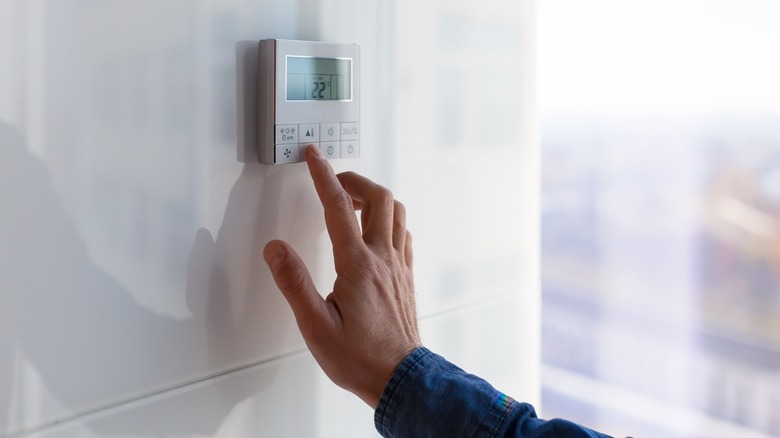Why Heat Waves Can Cause Power Outages (And What You Can Do About It)
The summer solstice is upon us, but the sun didn't wait for June 21 to start roasting large portions of Mexico and the southern United States. A sweltering heat wave has millions of North Americans enduring temperatures over 90 degrees Fahrenheit, and many are having to do so without electricity. Some residents in Mississippi have been going without power or air conditioning for nearly four days, longer than the blackouts caused by Hurricane Katrina.
The Electric Reliability Council of Texas, which provides power to nearly all of Texas' 30 million residents, and says the energy demand on June 19 was the highest ever recorded in June, has asked users to cut electricity consumption in order to stave off further power outages. Unfortunately, this isn't the first time excessive temperatures have strained the energy grid or the first time people are being asked to cut back on the air conditioning when they need it most and it won't be the last.
Power outages are often caused by a combination of the excessive demand for energy due to voltage-hungry air conditioners, and the effect the heat physically has on the wires actually transmitting the electricity. The capacity of transmission lines is lower in high temperatures. Additionally, the heat expands the metal that comprises the cables, causing them to droop and make contact with the ground, which can short-circuit and completely disable the wires. Together, these effects of a heat wave increase the chances of a power outage at the same time thousands of people (if not millions) are turning up the A/C.
How can you help prevent a power outage in your area?
Utility companies prepare for heat waves and try to accommodate the resulting increased energy demands, so if yours is asking you to cut back your electricity usage, it likely has a very good reason to do so. The best thing you can do is listen to them. It may not be ideal to turn off your A/C, but it's better than losing power completely. There are ways to endure power outages and stay cool, including increasing ventilation in your home, using various battery-powered fans and other devices, and preparing ahead of time with generators. Many of these preparations can be used while the power is still on and you're being asked to cut back.
You can also make your voice heard to your government representatives and to the utility companies that provide your electricity, and demand the increased use of solar and wind energy to supplement your grid's current capacity, as well as the implementation of smart grid technology. Smart grids (and, ideally, a singular, national Smart Grid) help make energy distribution more efficient and help the grid better endure sudden higher demands. This is done with both automatic, computerized adjustments, as well as making it easier for workers to manually address stresses on the grid, through various methods like throttling power and using real-time, GPS-synchronized data to make informed decisions about energy distribution.
Climate change will only increase record-breaking heat waves in the future, and the quicker smart grids are implemented, the easier it will be for power companies to handle excessive energy demands. By insisting that your representatives and power company adapt to this technology (and do more to mitigate climate change in the first place), you can help prevent the next blackout before it begins.

